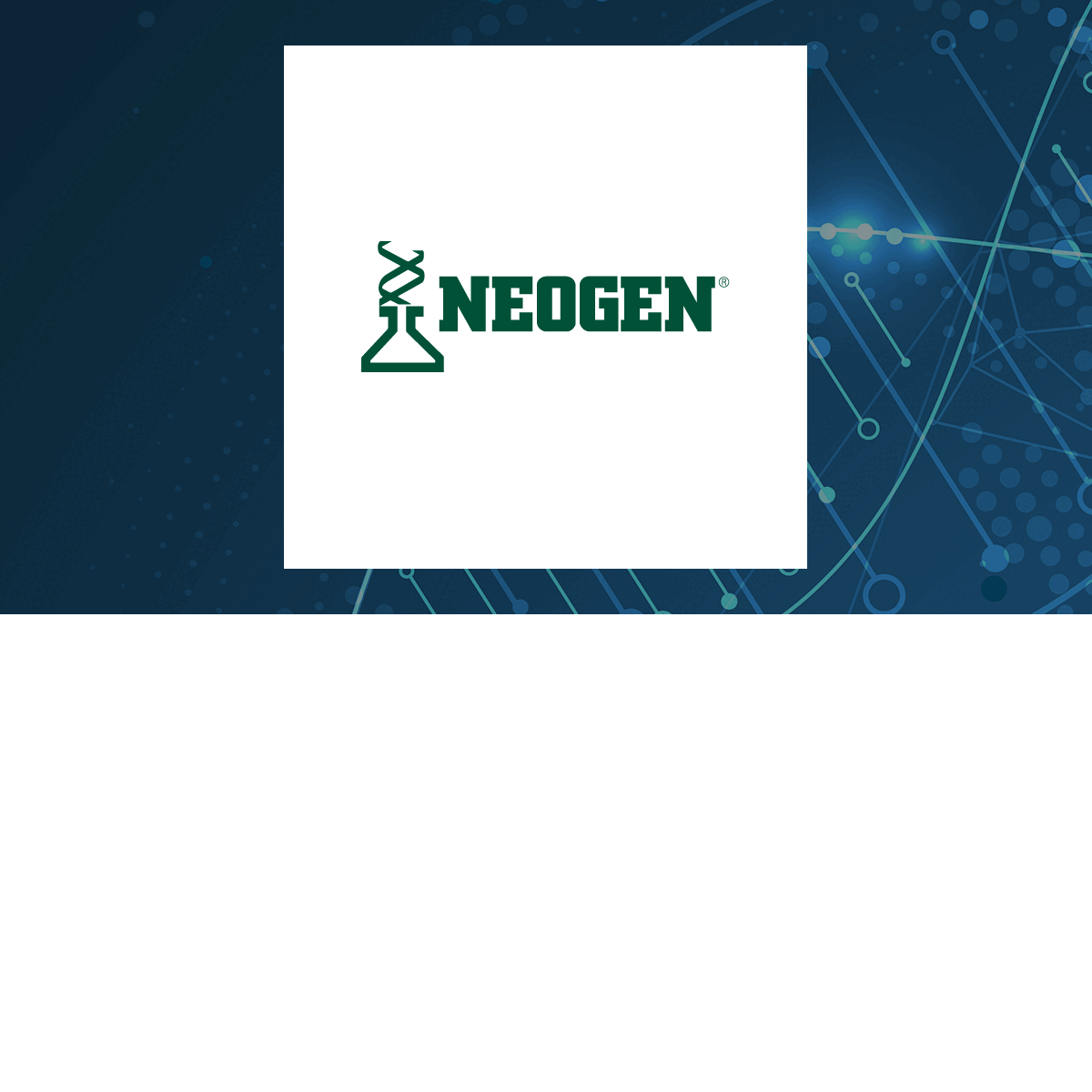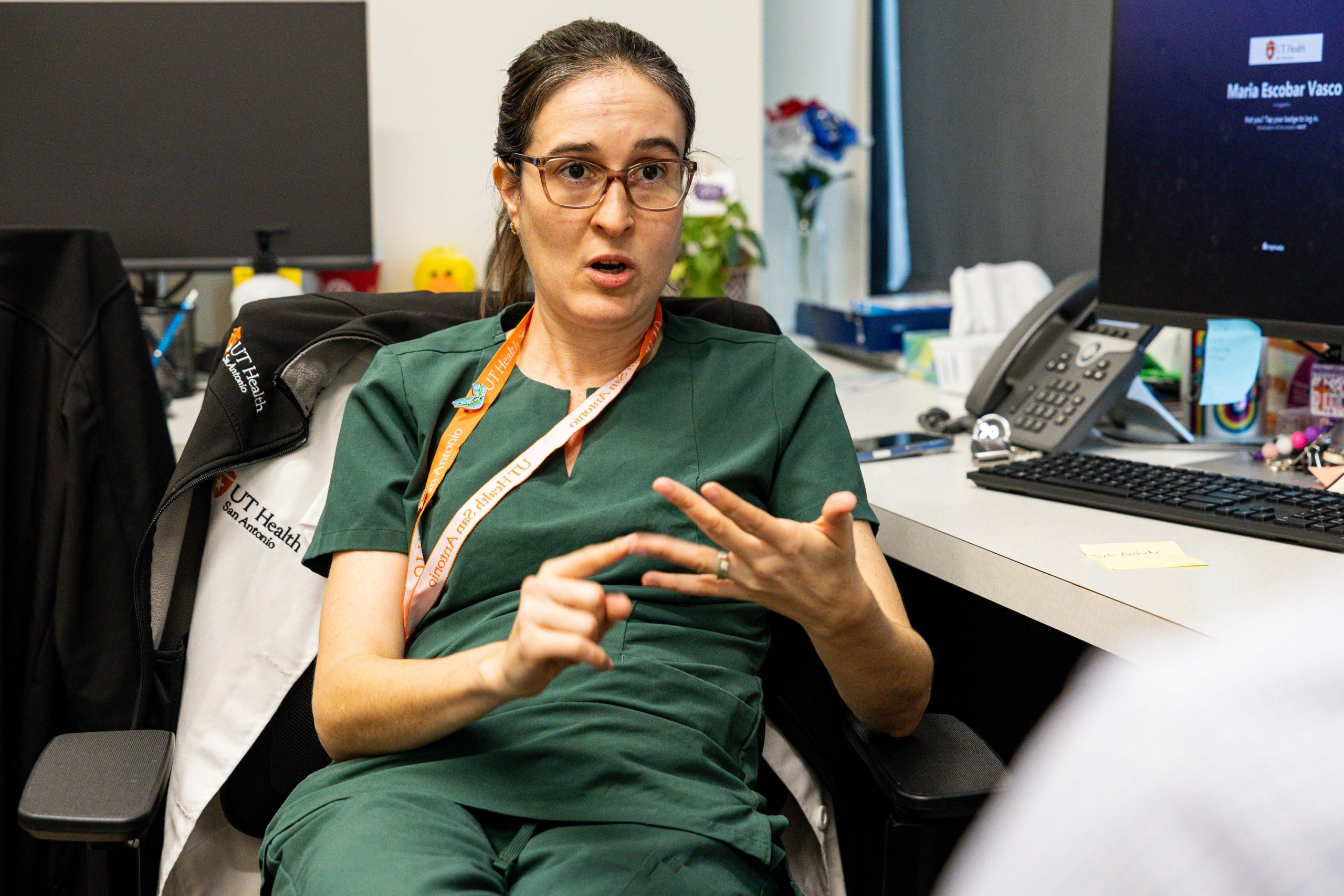Investors are keenly evaluating the stock performance of two medical companies, Neogen Corporation and ResMed Inc. Both firms operate in the healthcare sector, yet they exhibit distinct characteristics that could influence investment decisions. This article examines their earnings strength, risk profiles, valuations, institutional ownership, profitability, analyst recommendations, and dividend offerings.
Institutional and Insider Ownership
Neogen has a significant institutional ownership, with 96.7% of its shares held by institutional investors. In contrast, 55.0% of ResMed’s shares are owned by institutions. Insider ownership is relatively low for both companies, with 0.6% of Neogen’s shares and 0.7% of ResMed’s shares held by company insiders. Strong institutional ownership typically suggests that large investors expect a stock to outperform the market over time.
Valuation and Earnings
When comparing revenue and earnings per share (EPS), ResMed outperforms Neogen. ResMed’s higher revenue indicates a solid market position. Neogen, on the other hand, trades at a lower price-to-earnings ratio, making it appear more affordable for potential investors. This difference raises questions about growth potential and market confidence in each company.
Volatility in stock prices can also affect investment decisions. Neogen has a beta of 1.9, indicating that its stock is 90% more volatile than the S&P 500. ResMed, with a beta of 0.83, is 17% less volatile than the index. This suggests that Neogen carries a higher risk, which may appeal to more aggressive investors while conservative investors might gravitate towards ResMed.
Analyst Recommendations and Profitability
According to MarketBeat.com, Neogen currently has a consensus target price of $8.83, which implies a potential upside of 46.25%. In comparison, ResMed has a target price of $297.45, suggesting a potential upside of 20.77%. These figures indicate that analysts see greater short-term growth potential in Neogen, which could influence investor interest.
Profitability metrics further illustrate the differences between the two companies. A comparison of net margins, return on equity, and return on assets reveals that ResMed outperforms Neogen in most categories. Overall, ResMed surpasses Neogen in 12 out of 15 factors evaluated.
Company Profiles
Neogen Corporation, founded in 1981 and based in Lansing, Michigan, specializes in food and animal safety products. The company operates through two segments: Food Safety and Animal Safety. Its Food Safety segment offers diagnostic test kits to detect harmful substances in food and animal feed, while its Animal Safety segment provides a variety of veterinary products and services.
ResMed Inc., established in 1989 and headquartered in San Diego, California, develops medical devices and cloud-based software applications primarily focused on sleep and respiratory care. The company’s offerings include diagnostic devices, remote monitoring systems, and compliance management software aimed at improving patient engagement and outcomes.
As investors weigh their options, the contrasting profiles of Neogen and ResMed present distinct opportunities and challenges. While Neogen shows promise with its lower price-to-earnings ratio and potential for growth, ResMed’s established market presence and profitability metrics remain compelling. Each company’s unique attributes will play a crucial role in guiding investor decisions in the dynamic healthcare sector.







